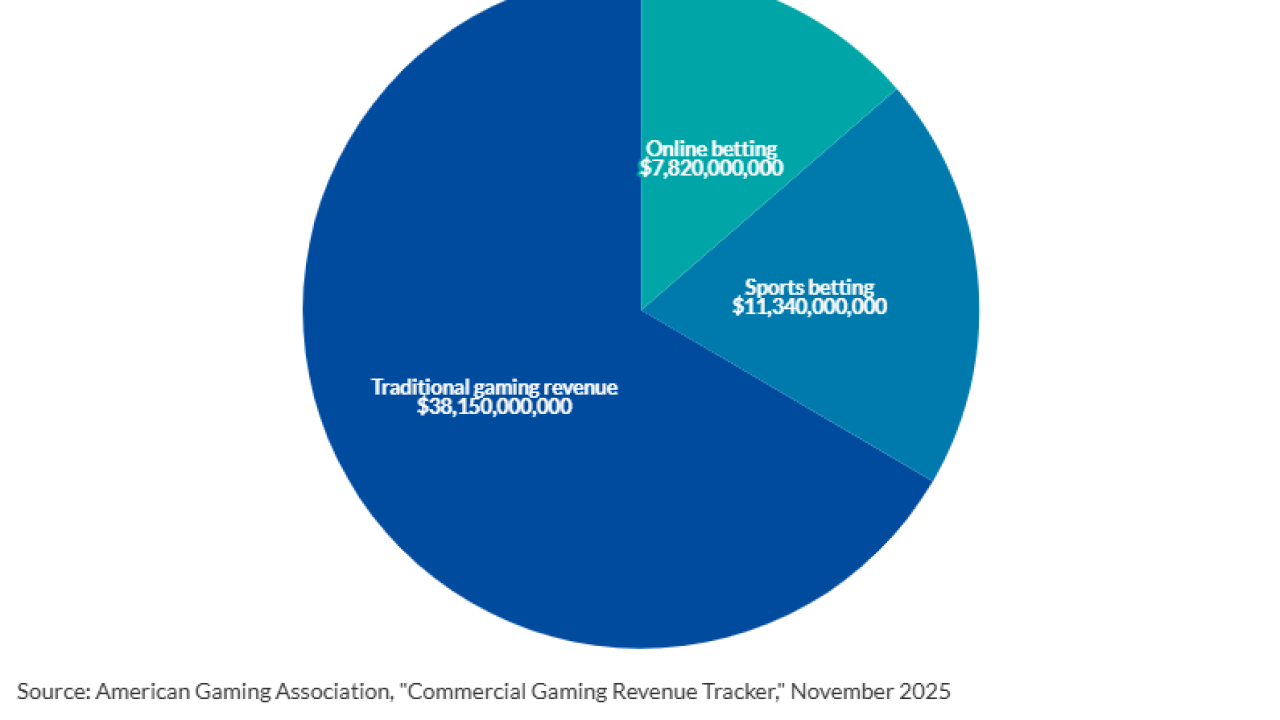CFOs and senior-level executive CPAs see the domestic economic downturn as lasting longer than previously expected, according to a survey by the American Institute of CPAs and the University of North Carolina’s Kenan-Flagler Business School.
Arleen Thomas (pictured), the AICPA’s senior vice president for member competency and development, said that the survey indicates that any economic recovery will begin six months later than expected. “As the recession has deepened and pessimism solidified, a majority of CPAs working in business and industry now don’t expect an economic recovery before 2010,” she said.
Eighty-three percent of the 1,183 respondents said that they were “pessimistic” or “very pessimistic” about the U.S. economic outlook over the next 12 months. Pessimism in the current quarter is effectively unchanged, with 82 percent reporting the same feelings in the 2008 fourth quarter survey conducted in November.
“Companies are feeling the effects all of the way through the business cycle,” said UNC Kenan-Flagler accounting professor Mark Lang. “The general malaise is prevalent in all sectors of the economy.”
In November, more than 40 percent of the respondents foresaw recovery beginning in the second half of 2009. Now only 30 percent expect recovery in the latter half of 2009, while 41 percent don’t expect recovery to begin until the first half of 2010. Another 20 percent think that it will occur in the second half of 2010. Twenty percent of CPA financial executives don’t foresee any recovery until the second half of 2010, up from 13 percent in November.
Respondents see such economic factors as declining consumer confidence, layoffs, rising unemployment and continued financial instability affecting their own companies. Sixty percent indicated that their organizations expect decreased revenue and profits, and more than half said that they expect the number of employees to decrease.
The number of respondents who said that their organizations were experiencing restrictions on credit or having difficulty obtaining credit remained stable, at slightly more than 20 percent. Organizations experiencing problems with customer collections rose to 35 percent from 28 percent, according to the survey. Capital spending freezes have been put in place at nearly half of respondents’ companies, and 43 percent have had layoffs. About a quarter of the companies surveyed still expect some growth.




